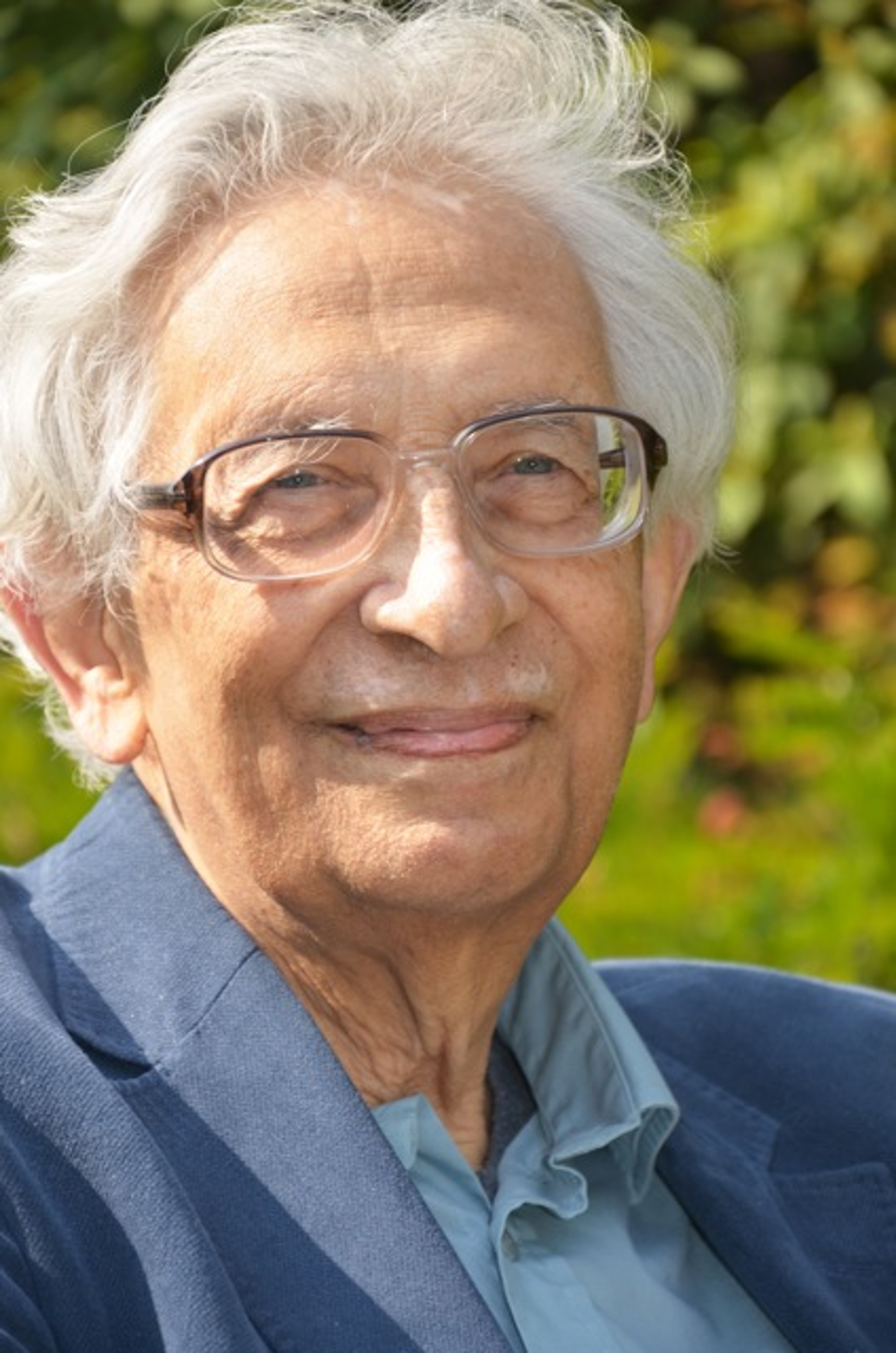Sir Richard Sorabji

Richard Sorabji, is Honorary Fellow of Wolfson College, Oxford. He enjoys teaching and has had many doctoral students and postdoctoral colleagues, while Professor of Philosophy at Cornell University and King’s College, London, Director of the Institute of Classical Studies in the University of London, Gresham Professor of Rhetoric, Global Distinguished Professor in Classics at NYU and repeatedly visiting Professor of Philosophy at the Graduate Center of the City University, New York, and at Austin Texas. He is interested in the history of philosophy partly for the contribution it makes to philosophical issues of the present. His 15 books include, besides two biographies, three books on ideas concerning the physical universe, Necessity, Cause and Blame; Time, Creation and the Continuum; Matter, Space and Motion. Others books are concerned with mind and ethics, Animal Minds and Human Morals; Emotion and Peace of Mind (From Stoic Agitation to Christian Temptation); Self (Ancient and Modern Insights about Individuality, Life and Death); Gandhi and the Stoics (Modern Experiments on Ancient Values); Moral Conscience through the Ages (Fifth Century BCE to the Present). Starting from an interest in Aristotle, he has moved to an interest in the next thousand years of Ancient Greek Philosophy, and has edited a series of over 100 volumes of English translation of this later Greek Philosophy, involving collaborators in 20 countries, together with 6 edited volumes explaining this period of thought. He is also interested in the spread of Greek Philosophy to other cultures, through Persian and Syriac to Arabic and back to the Latin-speaking world. He has for some time and increasingly worked with experts in Islamic and Indian Philosophy comparing ideas from the Greek and from some of the subsequent Western tradition. His interest in the Philosophy of other cultures is represented in his co-edited, The Ethics of War (Shared Problems in Different Traditions) , as well as in his book on the ethical views of Gandhi. Two books edited in 2016 describe some of the spread of Greek Philosophy to other cultures: Aristotle Re-Interpreted (New Findings) and Priscian, Answers to King Khosroes of Persia, a translation by many hands. He was knighted in 2014 for services to philosophical scholarship.